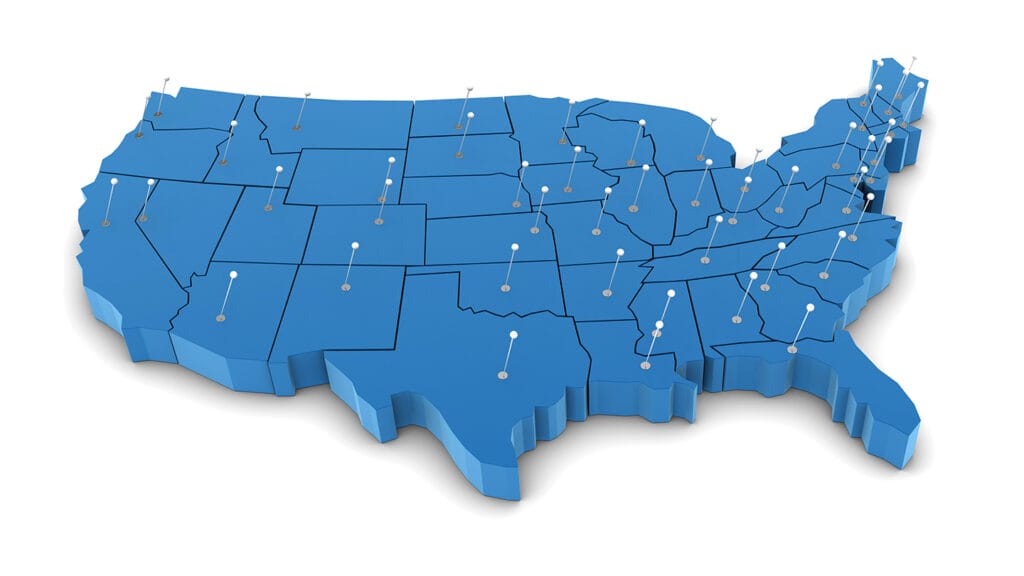
Advocates of New York state’s Consumer Directed Personal Assistance Program (CDPAP) agencies are concerned that as many as 200 agencies will close this year without legislation to stop it.
“Small, local, minority agencies are being unfairly targeted for closure,” Ed Kelley, director of public affairs of CDPAP New York United, said in a statement. “It’s vital not to disrupt a major program that provides personal care services in the home to people who would otherwise be forced into nursing home care.”
Kelley told McKnight’s Home Care Daily Pulse he is hoping the Legislature will pass a bill before the session ends on June 8.
“We’re very concerned about the timing because the leadership is slow-walking this,” he said. “So that’s where the problem has been. The chairs of the health committees are reluctant to move the bill.”
Left out out of budget
Kelley was hoping that a provision stopping the closures would be part of the latest fiscal year 2023-24 state budget, but such language did not make into the final package. The CDPAP reductions are a vestige of the administration of former Gov. Mario Cuomo (D) who wanted to radically decrease the number of CDPAP agencies in the state, Kelley said. The legislation eventually evolved to so that any agency with 200 or more members in New York City, or 50 more members outside of New York City, would be able to continue providing services.
“Now, that still would mean closing about 100 to 200 agencies in the state out of a total of about 375,” Kelley said.
Work for family caregivers in New York
CDPAP, which is unique in the country, allows Medicaid-eligible homebound older adults to receive paid care from family members.
“When a Medicaid member cannot find a suitable aide through a regular home care agency, they can have a family member or community member take care of them,” Kelley explained.
The need for CDPAP is greatest in rural areas where rural home care aides receive minimum wage and have to travel far to people’s homes, he said.
“It doesn’t make any economic sense,” he said. “People won’t do it.”
New York City, which contains the vast majority of the agencies, provides work for many immigrants in the CDPAP program, he said.
“What you see is the new immigrants that come they find services through their communities,” he said. “And those community agencies are generally small, and they’re focused on Arabic speakers or Bangladeshi or people from Haiti. Of course, the latest wave we’re seeing as Ukrainians.”
Two state bills, one in the Senate and one in the Assembly, would help more CDPAP agencies continue operating.


